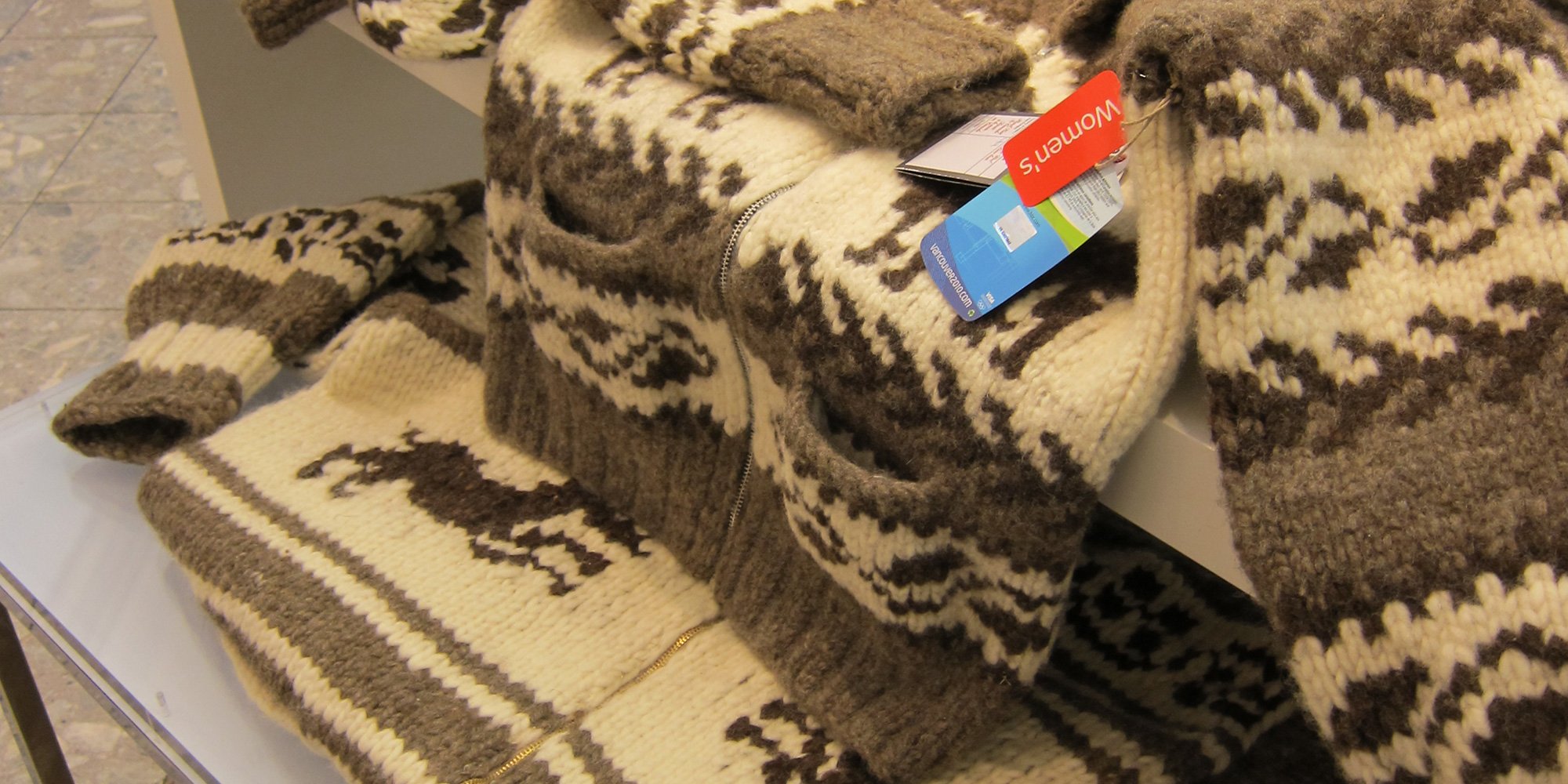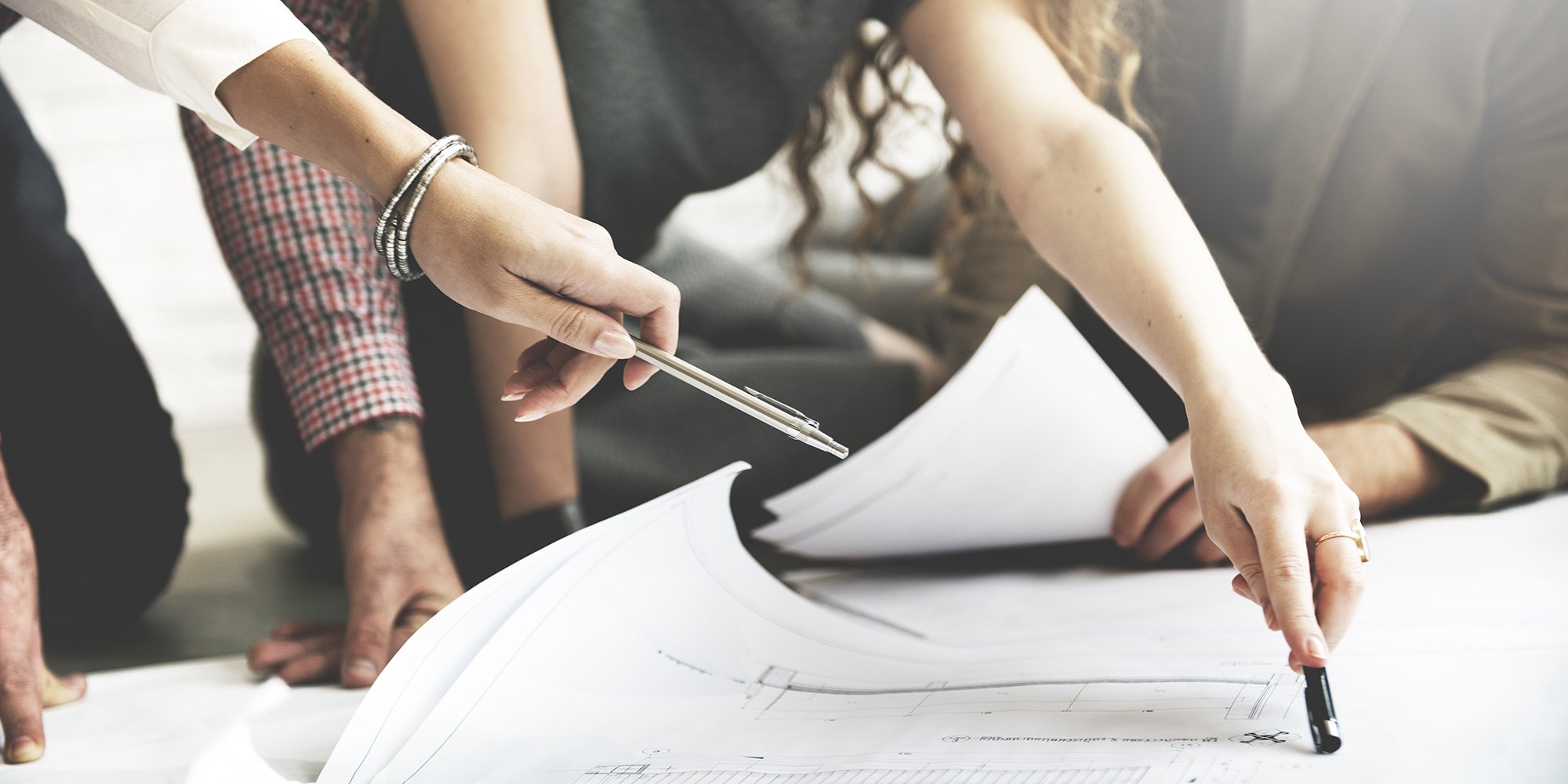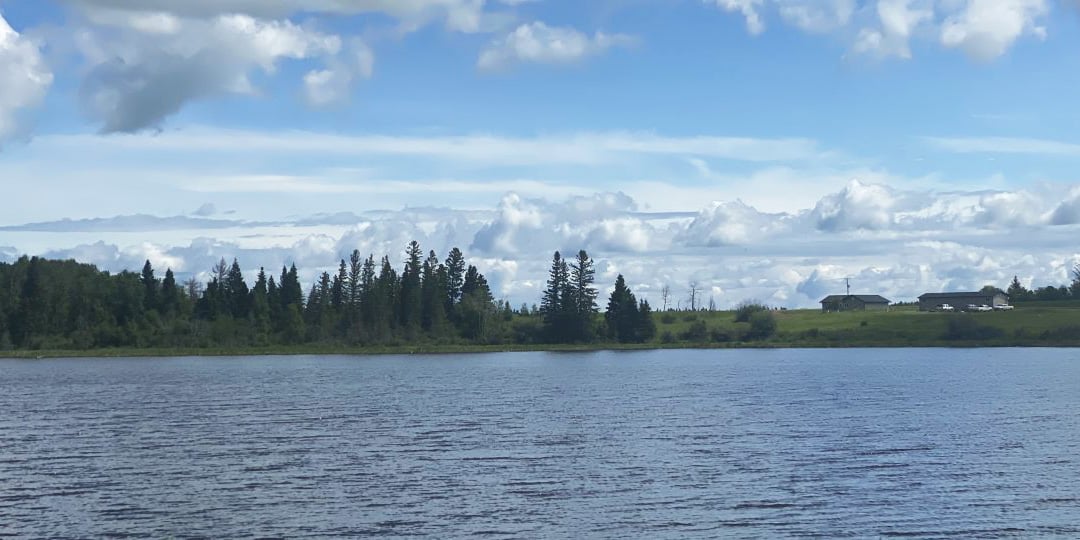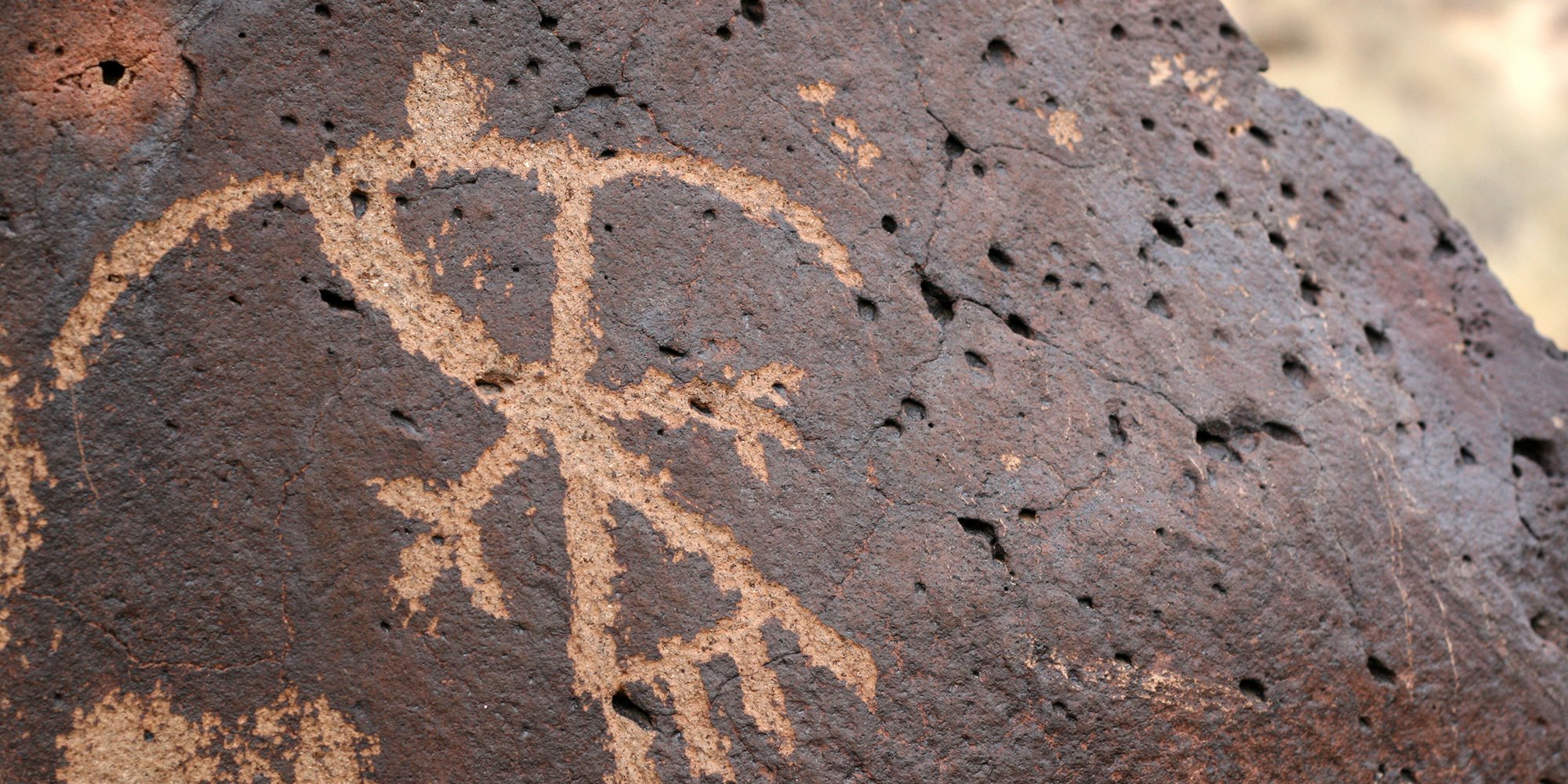2 min read
Tips for Purchasing Authentic Indigenous Art
In Why Buying Authentic Indigenous Art is Important I talked about the cultural and economic impact knock-off art has on Indigenous artists and...

2 min read
In Why Buying Authentic Indigenous Art is Important I talked about the cultural and economic impact knock-off art has on Indigenous artists and...

3 min read
While the duty to consult is a hard-fought-for, constitutionally recognized component of resource project development, in reality, it can be an...

4 min read
The first urban reserve in Canada was created in 1988 in the City of Saskatoon. The relationship between Saskatoon and Muskeg Lake Cree Nation (MLCN)...

3 min read
Paul K. Ledoux, Council Member, Muskeg Lake Cree Nation was a guest speaker at the Urban Reserves Forum in Winnipeg in early March 2016. Paul...

2 min read
What are iconic images to some are considered stereotypical, generic, ignorant and insulting to others. When it comes to the masses, stereotypical...

3 min read
In 2003, Corby Lamb, President, Capacity Forest Management Inc., left a senior management position with Western Forest Products Inc. to launch a...

2 min read
This is the second installment in our series on First Nations and voting. Why don’t First Nations people exercise their right to vote on par with...

2 min read
For First Nations, their identity, nationhood, and cultural survival are all interconnected to their relationship with the land and cannot be...

2 min read
The time has come and we see action on the horizon in terms of change coming politically, legally and economically for Indigenous Peoples. Improving...

2 min read
Here at Indigenous Corporate Training Inc., we get lots of questions from our blog visitors. A very common one is “Does your online, webinar, onsite,...